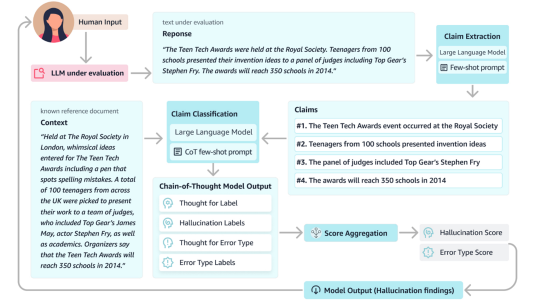Answer consolidation: Formulation and benchmarking
2022
Current question answering (QA) systems primarily consider the single-answer scenario, where each question is assumed to be paired with one correct answer. However, in many real-world QA applications, multiple answer scenarios arise where consolidating answers into a comprehensive and non-redundant set of answers is a more efficient user interface. In this paper, we formulate the problem of answer consolidation, where answers are partitioned into multiple groups, each representing different aspects of the answer set. Then, given this partitioning, a comprehensive and non-redundant set of answers can be constructed by picking one answer from each group. To initiate research on answer consolidation, we construct a dataset consisting of 4,699 questions and 24,006 sentences and evaluate multiple models. Despite a promising performance achieved by the best-performing supervised models, we still believe this task has room for further improvements.
Research areas




